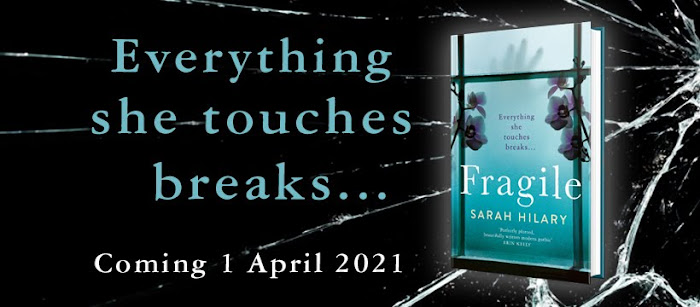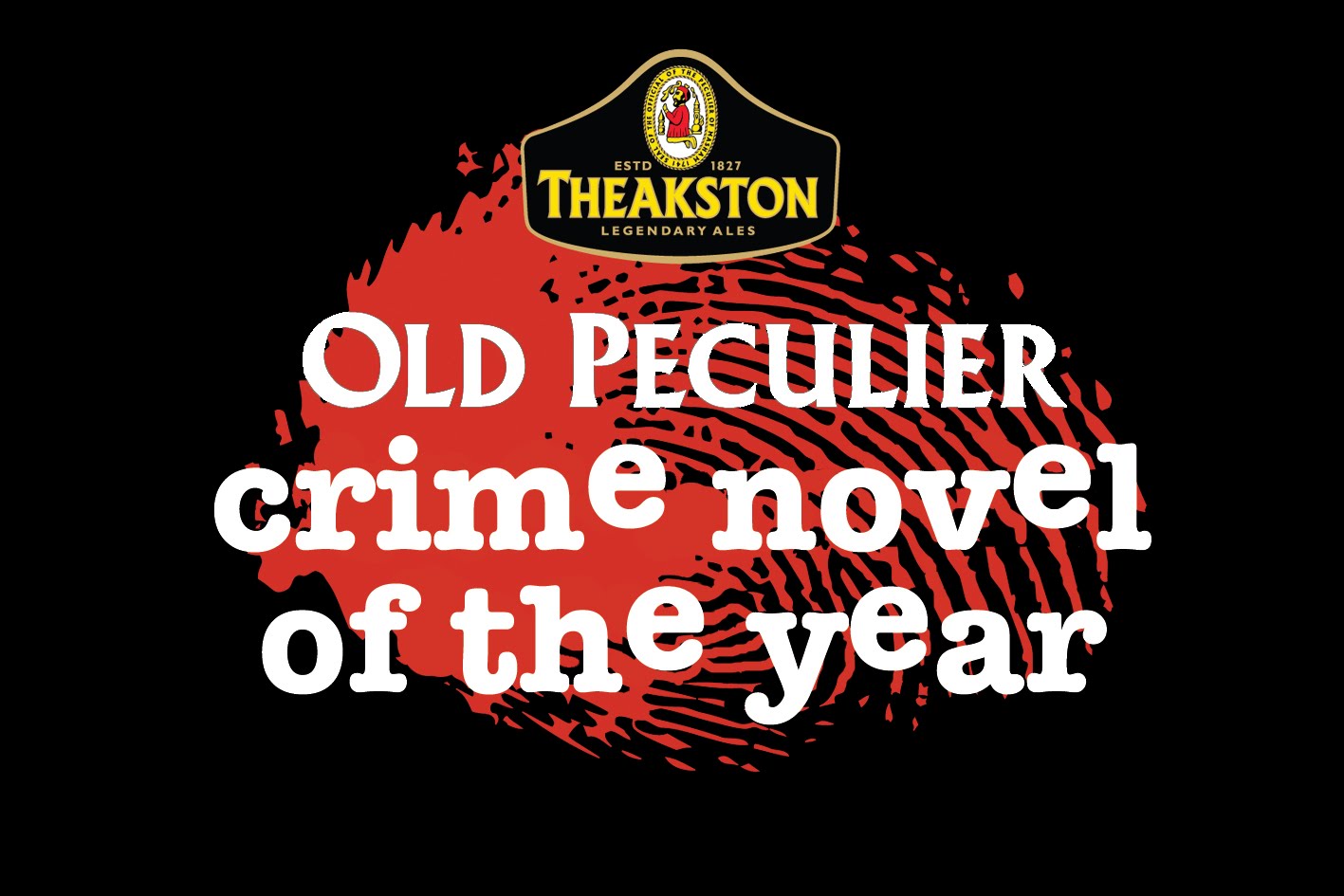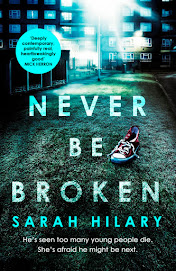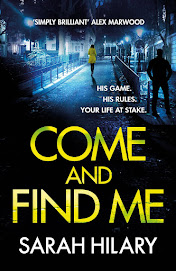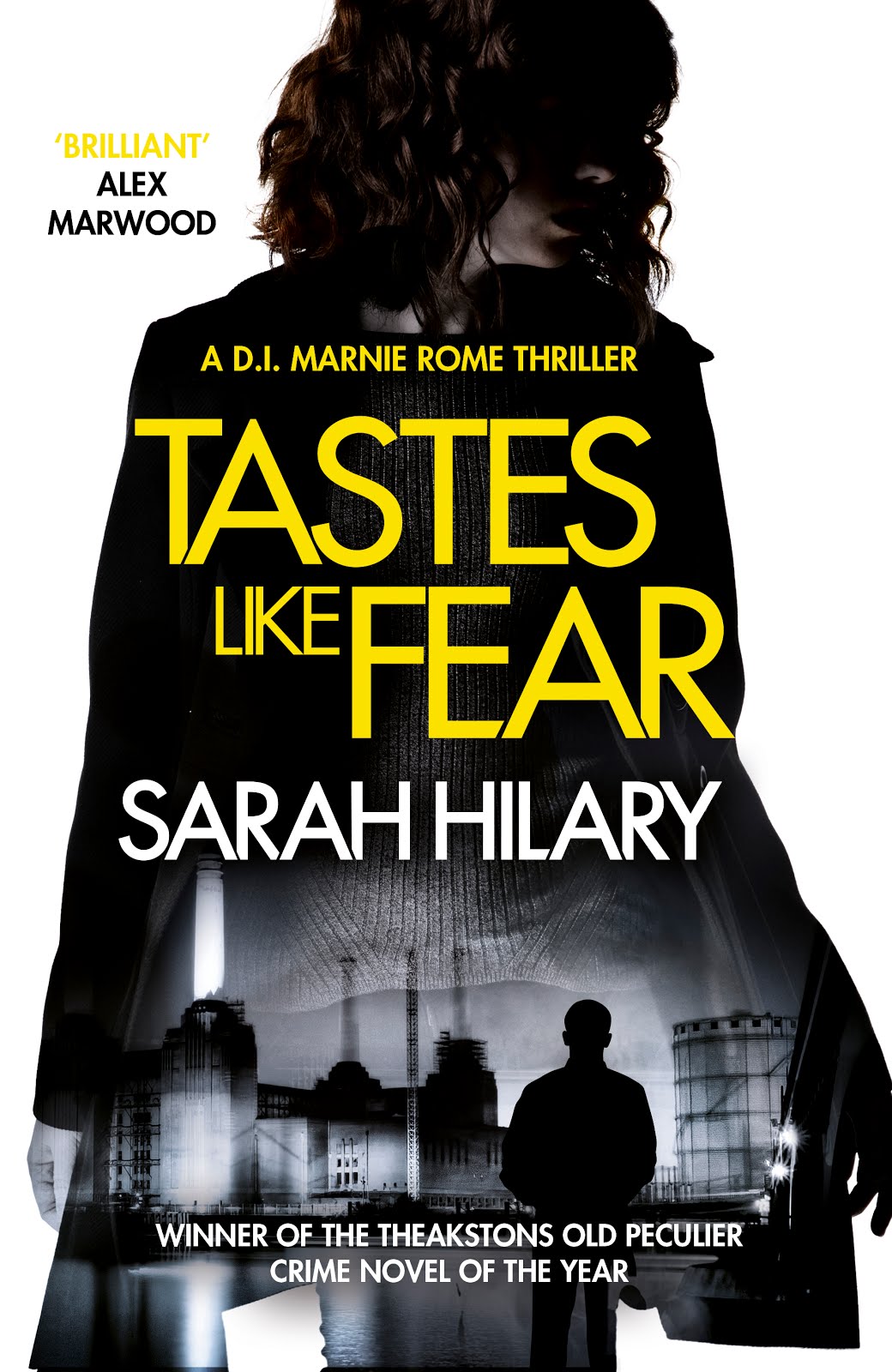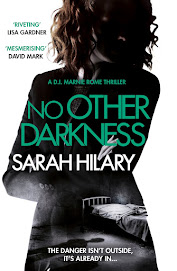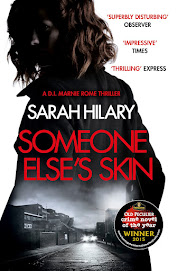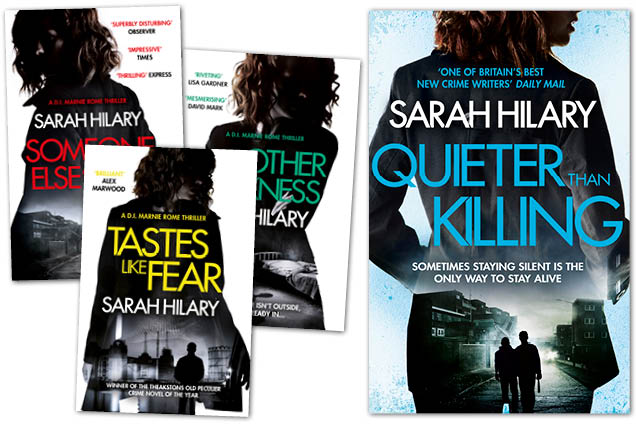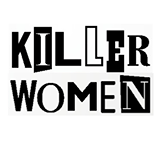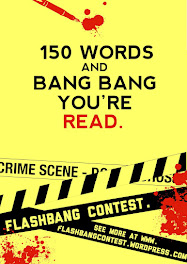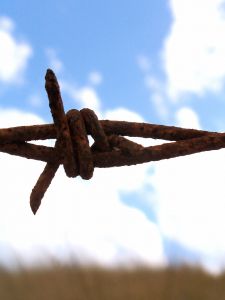 I’m very happy to welcome Nuala Ní Chonchúir on the latest leg of her virtual book tour. Born Dublin 1970, award-winning fiction writer and poet Nuala lives in County Galway. Her novel You was published by New Island in April 2010; her third short fiction collection Nude was published by Salt in 2009; The Irish Times called it ‘a memorable achievement’. Nude was shortlisted for the 2010 Edge Hill Short Story Prize. Nuala is fiction editor of Horizon Review.
I’m very happy to welcome Nuala Ní Chonchúir on the latest leg of her virtual book tour. Born Dublin 1970, award-winning fiction writer and poet Nuala lives in County Galway. Her novel You was published by New Island in April 2010; her third short fiction collection Nude was published by Salt in 2009; The Irish Times called it ‘a memorable achievement’. Nude was shortlisted for the 2010 Edge Hill Short Story Prize. Nuala is fiction editor of Horizon Review.I’ll begin by saying how much I enjoyed You, which is a tough and touching story of family life in extremis, told through the eyes of a canny ten year old girl. Chock full of colourful characters, the story takes an unflinching and often funny look at adult dilemmas and tragedy, as seen by a wondering (and wonderful) child. It’s a terrific read, the sort you can manage in one sitting but which stays with you long after that. Go, read! I asked Nuala about the three aspects of the novel which intrigued me:
You is told through the eyes of your ten year old heroine. Was this a conscious decision you took at the outset, and how hard was it to stick to that voice exclusively? Were you tempted at any point to show us, for example, the mother's side of the story? What do you feel to be the advantages and disadvantages of telling a complex, adult story through the eyes of a child?
Water is very important to this story: the Channel that the children cross, and especially the river, which feels like a character in its own right, both benign and threatening. Do you live near water, and what is its significance to you as a writer?This novel grew from a short story and I never start anything (stories, novels, poems) in what I would call a conscious way. I don’t take a decision – I just start to write, usually, because a first line pops into my head, and it has a voice that belongs to a character, and I just run with that. So this girls’ voice emerged very strongly, in the second person, and I was enjoying her voice so much I just kept writing and writing. I soon realised it was turning into a novel and I wanted to keep going.
It was always going to be the girl’s view of the world – not her mother’s – though it is the mother’s story, really. I liked the challenge presented by telling difficult things from a child’s point of view. That’s what I love about a long piece of work: all the questions and problems that get thrown up that you have to solve; I find that thrilling and mildly excruciating at the same time.
As for advantages, well, the reader has to guess at what is really going on because the child narrator can’t always see the truth in things, though my character is quite sharp.Disadvantages? Erm, I can’t think of any. Telling from the POV of the child is a plot device like any other. It’s enormous fun. I used to go around thinking ‘Oh, yes, she’d look at x this way and y that way’ purely because she is ten years old. It maybe removes me – the adult writer – from the piece a bit more. And that’s good, I think.
I grew up beside the river Liffey in Dublin. The physical landscape of You is the landscape of my childhood. The house on the river, where the family in the novel lives, was my friend’s house. The river was hugely important in my childhood: we paddled, swam, fished, floated and boated on and in it; we were familiar with its wildlife: swans, herons, ducks, otters, kingfishers, fish. We were warned away from it because of drownings that had happened but we were drawn to it.What was the starting point of the story? Was there a key image or idea that it grew from, and how did you set about shaping that idea into the final story?
My first collection of short stories The Wind Across the Grass was full of water, specifically the river I grew up beside. When you live that close to a river it influences you: you see, hear and smell it every day. You talk about it with you neighbours: ‘The river’s high today’ or ‘The river’s low today’.
I think childhood is a huge influence on what we write anyway and the river was such a part of mine it couldn’t help but show up.
Thanks, Nuala. The exploration aspect certainly came across beautifully in You. I look forward to reading where the journey (and the joy) takes you next.Well, the voice of this spiky, sensitive girl came to me and she had a troubled mother. I tend to write to tell stories to myself, so I’m not a fan of plotting and planning. I just start to write and see where it leads me. During that journey I think a lot and ask a lot of questions. What if this happened? Or, for example, what if so-and-so had this profession, how would that shape him as a character? I deliberately made the sinister character Kit a butcher, to give him a semi-violent edge.
Setting is also hugely important to me and it occurred to me early on that I could set this story in my home-place and so all the physical locations were to hand in my head, so to speak. And the river became, as you said Sarah, another character in the book.
It took a year to write the novel and I had no idea as I went along what was going to happen or how it would end. That exploration of the story for myself is a big part of the joy of writing for me.
